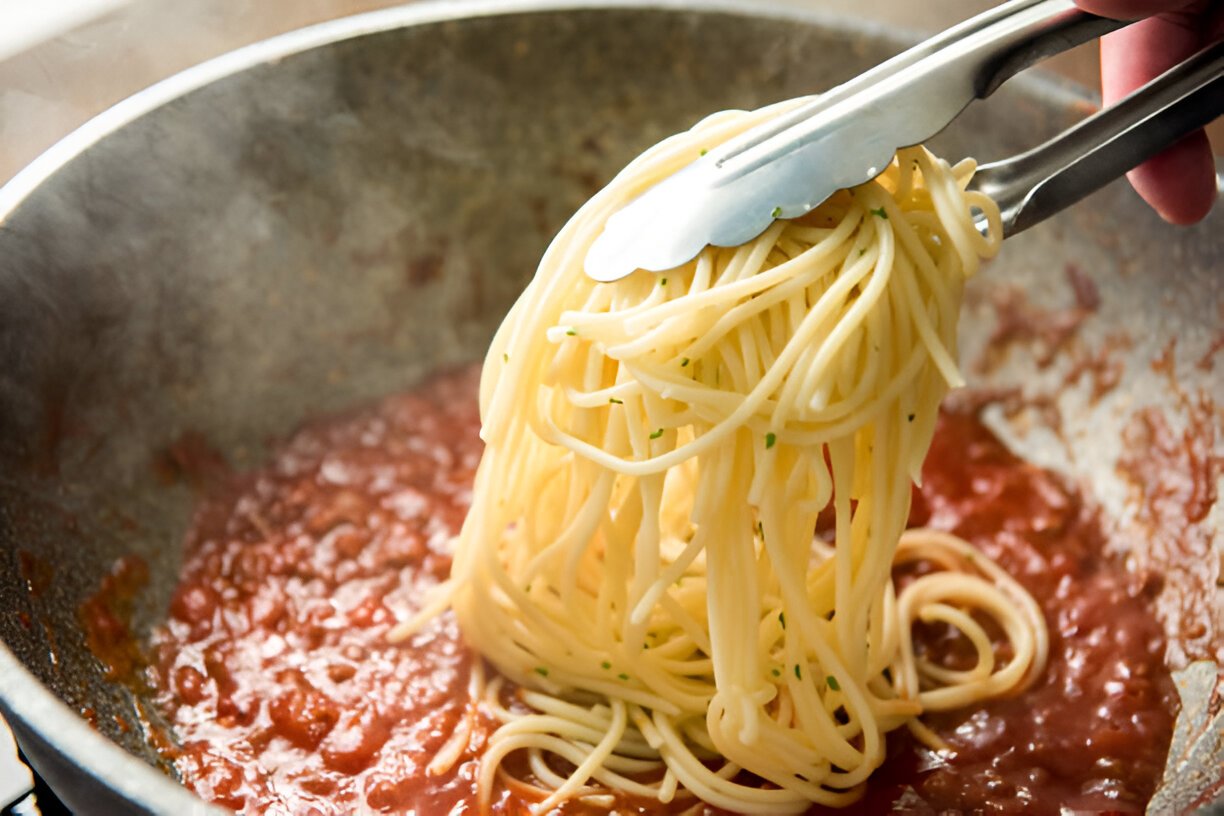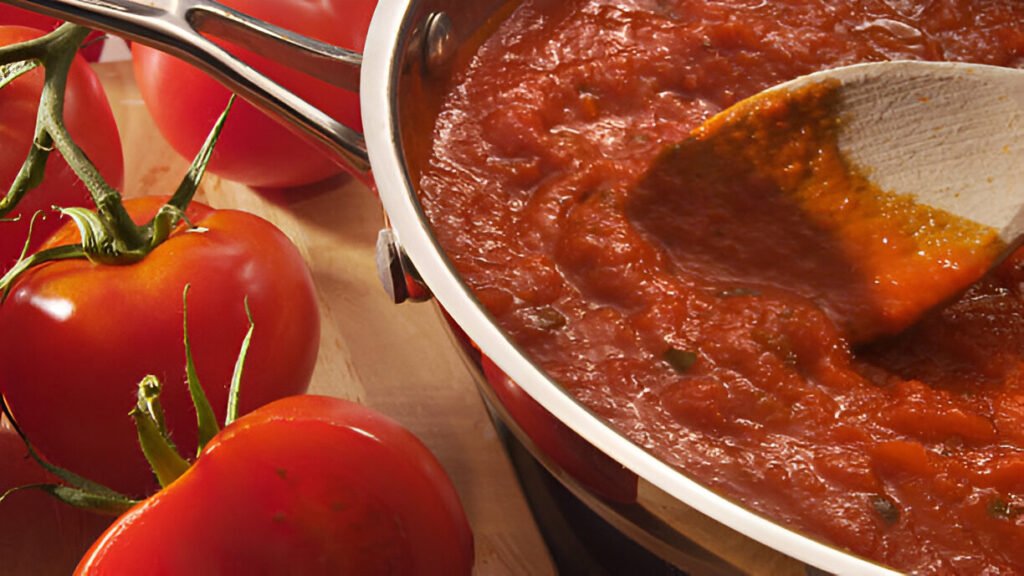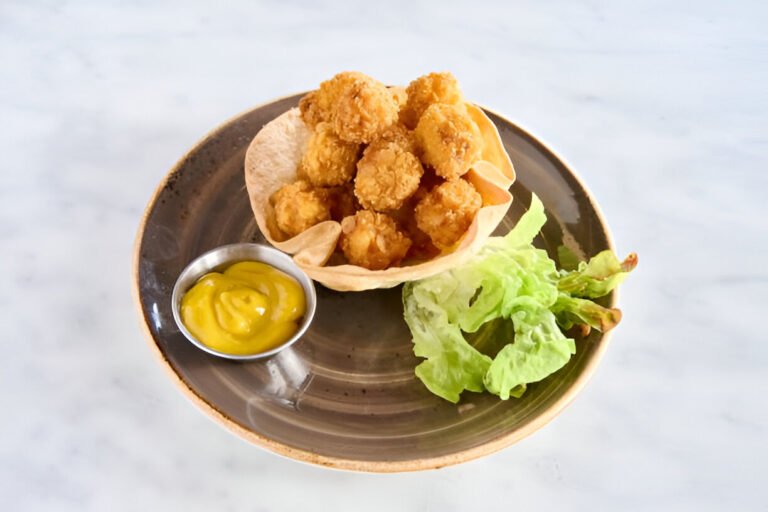Can You Really Cook Pasta in the Sauce? Here’s What You Need to Know!

Cooking pasta is a ritual for most of us—boil water, add salt, toss in the pasta, drain, and then mix it with sauce. But what if you could cut out a step entirely? The idea of cooking pasta directly in the sauce sounds like a dream for anyone who hates doing extra dishes or loves saving time.
It’s a method that’s been buzzing around foodie circles, promising rich, flavorful results that go far beyond your standard pasta night.
But does it really work? Does skipping the boiling pot compromise the texture of your pasta, or does it lead to a culinary breakthrough that locks in every ounce of flavor? If you’ve ever found yourself questioning this technique or want to know if it’s worth trying, you’re in the right place.
By the end of this article, you’ll know exactly when and how to cook pasta in sauce, which recipes work best, and how to stay away from common pitfalls. Whether you’re looking to simplify weeknight dinners or take your pasta game to the next level, this guide has you covered!
Can You Cook Pasta Directly In The Sauce?

You can cook the pasta directly in the sauce, and this method is commonly referred to as ‘one pot’ or ‘no-drain’ cooking.
The technique is simple and involves adding uncooked pasta to a simmering sauce and allowing it to absorb the liquid and cook through.
There is enough liquid in the pan so that the pasta will not stick together or burn while cooking.
When cooked properly, this method results in al dente pasta noodles with more flavor absorption from all ingredients.
Why It Pays To Cook In The Sauce
Cooking pasta in the sauce infuses the noodles with flavor, which gives the dish more depth and complexity. It also eliminates the extra step of cooking and draining the pasta before adding it to the sauce.
This saves time and energy as well as reduces mess since you don’t need a separate pot or colander for draining.
Cooking pasta directly in its sauce also helps thicken sauces due to the starch released by the noodle/pasta during cooking.
What Will Happen If You Cook Pasta Directly In The Sauce?
Cooked pasta in the sauce is usually starchier than in boiling water with salt and cooking the sauce separately.
“You can buy a good pasta but when you cook it yourself it has another feeling.”
– Agnès Varda, Film Director
We know that pasta releases starch when boiled, and if you cook it in the sauce, you can not filter out the starchy pasta water, so the result will be much starchier than your usual pasta dishes.
| Read: Do You Add Pasta Water to Alfredo Sauce? |
Flavor Boost: Does Cooking Pasta in Sauce Enhance Taste?
Cooking pasta directly in sauce has become a popular method for enhancing flavor. According to a survey, 60% of chefs believe that pasta cooked in sauce offers a richer, more integrated taste compared to the traditional boiling method. The sauce penetrates the pasta more deeply, creating a more flavorful dish.
Why It Works
- Absorption of Flavors: Cooking pasta in sauce allows it to absorb the spices, herbs, and seasonings directly, making every bite more flavorful.
- Reduced Need for Seasoning: Since the pasta absorbs the sauce’s flavors, there’s often no need to add extra salt or spices.
Comparison Table
| Cooking Method | Flavor Impact | Texture |
| In Sauce | Rich, well-integrated | Tender, flavorful |
| Traditional | More subtle, less intense | Firmer, more separate |
By cooking pasta in sauce, you can achieve a more flavorful and cohesive dish that makes every bite a savory experience.
| Related: How to Reuse Pasta Sauce Jars for Canning |
How To Cook Pasta In The Sauce
The first step is to select an appropriate pasta type. Shorter pasta, such as penne or macaroni, works best for this method, but long pasta, such as spaghetti, may cook unevenly or break as you stir.
Once everything is ready, start by heating other ingredients like garlic, mushrooms, and other ingredients of your choice in a pot or saucepan.
Then add your tomato sauce to coat the ingredients, followed by your pasta and some water.
Make sure not to add too much water. You can add a half cup of water first, then more water as you continue until it becomes ‘al dente.’ [1]
Things To Consider When Cooking Pasta In The Sauce
1. Water Level
You must pay enough attention when you cook dried pasta in the sauce to achieve the desired consistency. You must add enough extra liquid to allow the pasta to absorb it while occasionally stirring.
Dry pasta absorbs a lot of water, so add liquid gradually, so it doesn’t burn but not so much that it becomes too watery or diluted.
2. Cooking Time
If you are unfamiliar with this method, adjusting the perfect balance may take some time, which will increase your cooking time as you practice and have to do it slowly.
As a result, this technique requires more attention and experience than traditional pasta-cooking recipes.
3. Excess starch
If you don’t like starchy pasta or starchy flavor, then you might reconsider cooking it in the sauce as the excess starch can not be removed.
Boiling releases starch that could make a creamy sauce, but sometimes it could be starchier than expected, which is a bit off for some people.
FAQs on Cooking Pasta in the Sauce
How long does it take to cook pasta in sauce?
Cooking pasta in the sauce usually takes about 15-20 minutes, but it also depends on what pasta you are cooking.
Smaller and thinner type of pasta, like angel hair, cooks in less than 10 minutes, while the thicker spaghetti or macaroni cooks for around 15 minutes or more in the sauce.
When shouldn’t you cook pasta in the sauce?
If you want a less starchy with light and delicate texture past, then you shouldn’t cook pasta in stove or microwave with the sauce.
Cooked dried pasta in the sauce is usually thicker and starchier than the ones cooked in boiling water.
Also, do not cook thick and long pasta to avoid unevenly cooked dried pasta in your dish.
Is it better to boil the pasta or cook it in the sauce?
Boiling the pasta first in another pot or pan of salted water is still more convenient and better, as you can control the amount of starch and its consistency without paying much attention.
You can control and add reserved pasta water for a perfectly smooth sauce without the risk of burning.
In A Nutshell
Overall, cooking pasta in the sauce is a great way to make quick weeknight dinners a little less hassle and time-saving, but it may not be as easy as the traditional way.
Just remember that it doesn’t work that well with long and thick types of pasta. If you’re not careful, you also run the risk of sticking or burning it.
If done right means one less messy pot and more time to relax. It’s a must-try way to cook your beloved pasta recipe.
Reference:
- https://www.thespruceeats.com/what-is-al-dente-995554

Kathy is a restaurateur, artist, and blogger. After spending more than 10 years in the restaurant industry, she has decided to go digital and share her expertise and experience online.






